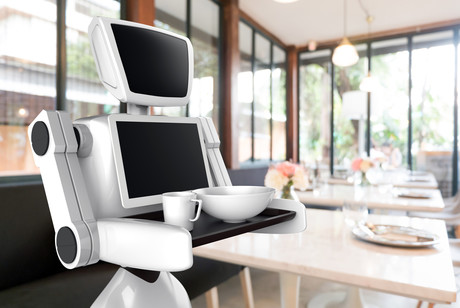Artificial intelligence in parliament

Robots could be working in parliament within two years, some Australians believe.
A new OpenText survey of 1000 people shows that 73% of Australians think that robots and intelligent automation will be part of the parliamentary workforce within two decades. One-fifth of those surveyed believe it could be just two years away.
The majority of Australian respondents could see the benefits of intelligent automation technology in administration, especially in the reduction of waiting times.
When asked if robots and AI would make better decisions than elected government representatives, 36% of respondents disagreed, suggesting robots could never replace humans because they are unable to assess cultural nuances. Only 9% agreed that robots could replace humans, believing they were better placed to analyse data.
“Our findings in the public sector strongly reflect the government’s increased focus on digital transformation to enhance customer service,” said Mike Lord, vice president Australia and New Zealand at OpenText.
“The public are engaging with robots and AI every day, especially with the rise of virtual assistants and chatbots — many just don’t know it. Businesses and the government alike need to work together to increase consumer literacy around these core technologies as they present massive opportunities for the future, particularly once they become more normalised.”
A massive 86.5% of respondents to the survey prefer service from a human than a robot, but 30.5% of respondents would prefer to engage with a robot over a human when online shopping. Another 28% would prefer to interact with a robot when ordering food in a restaurant.
Meanwhile, almost half of respondents would trust medical diagnosis from AI technology. However, the majority of those said they would also want the diagnosis to be reaffirmed by a doctor.
In the automotive sector, 36% believe there will be more driverless and autonomous cars on the road than ‘normal’ cars within 10–15 years.
“The fourth industrial revolution will drive an increasing reliance on self-service technology, machine-to-machine (M2M) communication and AI, and there is no denying that every job in every industry will be impacted,” said Lord.
OpenAI opens Australian office
OpenAI's first Australian office in Sydney will initially support local customers and...
Symbos acquires CPM Australia
CX and digital service provider Symbos has acquired CPM Australia as part of its efforts to...
Kyndryl launches agentic AI services for IBM z/OS
Technology services provider Kyndryl is collaborating with IBM to help enterprises introduce AI...






